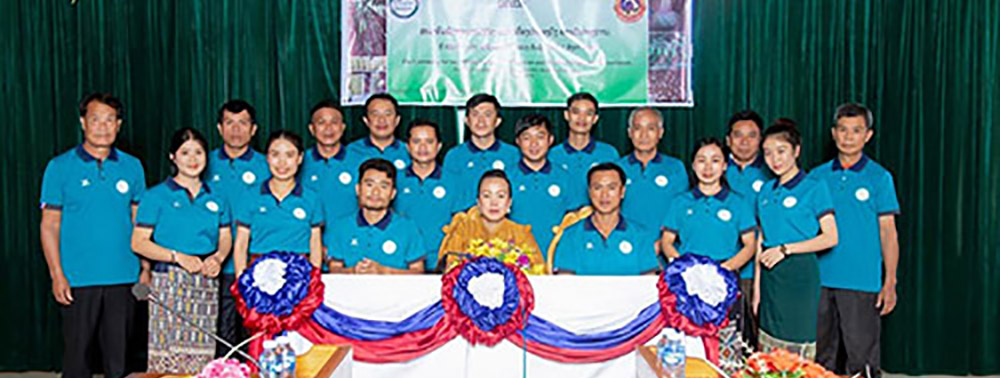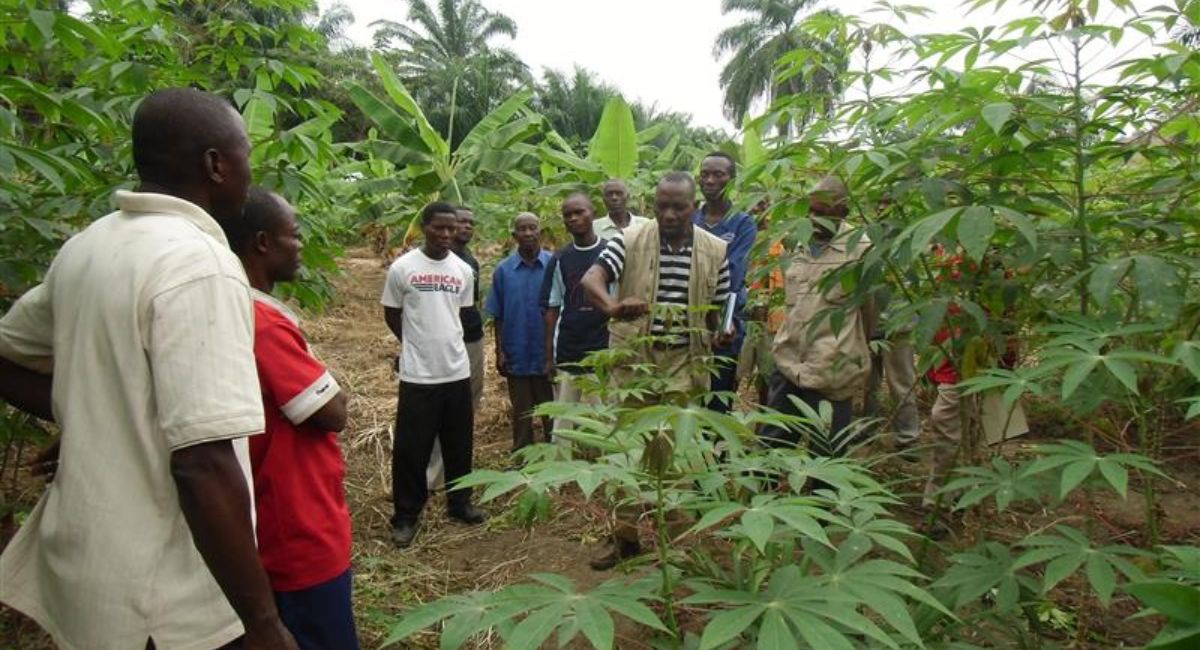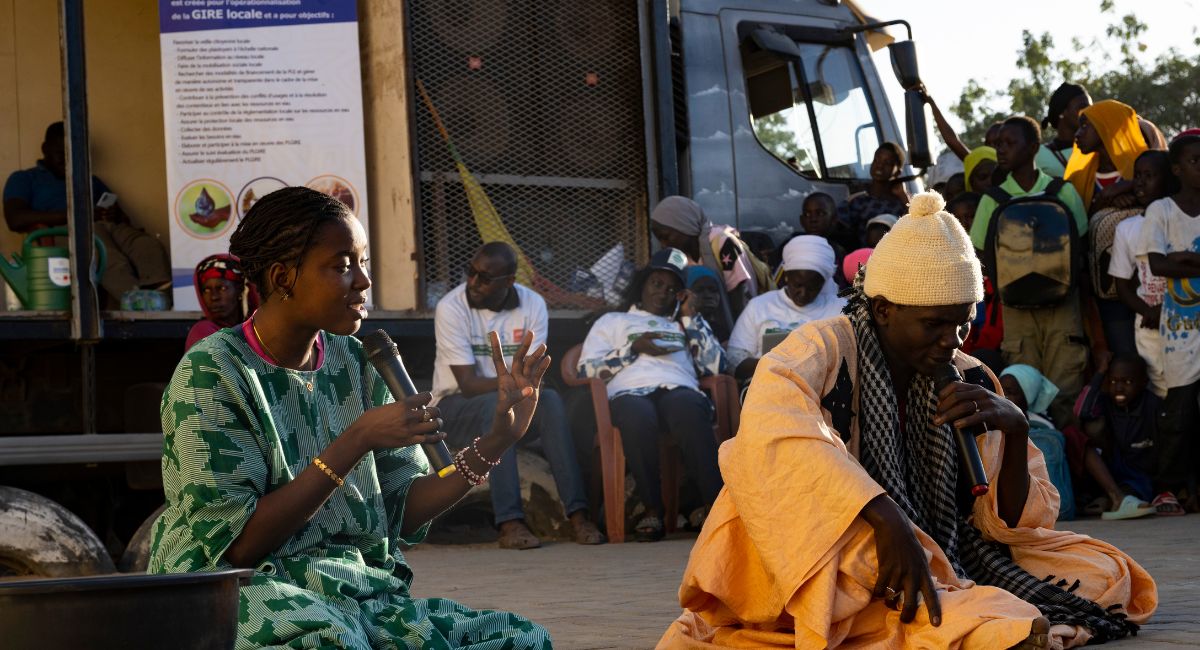In Houaphanh province, in the north east of Laos, GRET has been supporting the adoption of a provincial strategy for the development of a bamboo value chain since 2016 and encouraging farmers’ organisations and civil society to participate in community management of forests. GRET initiated the creation of the Association for the development of bamboo and non-timber forest products (Bamboo and NTFP Development Association – BNDA), which aims to bring inhabitants together for sustainable management of forests and development of a bamboo value chain in Houaphanh.
BNDA’s official presentation on 7 August last enabled several members of the association to discuss issues with representatives from regional and national institutions, who, like Mr. Phetsakone, a member of the provincial office of agriculture and forests, welcomed the fact that “this association is responding to the priorities of the provincial bamboo strategy”, before encouraging the various sectors to support and collaborate with the BNDA.
Mrs. Pheangvanh, a member of the Lao Women’s Union, highlighted gender inclusiveness in the association, saying she hoped that “the BNDA will be successful in obtaining additional funding to work on gender issues and reducing poverty”.
The emergence of this associative platform will make it possible to ensure greater representation of the populations concerned during the development of the future national strategy for the bamboo and rattan sectors in Laos, with the dual objective of fighting against poverty and ensuring sustainable management of natural resources.
BNDA is being supported by GRET as part of the Bamboo and Rattan project, funded by AFD and the Swiss Agency for Development and Cooperation. The association is also a stakeholder in the UXO project, being implemented in the district of Houameuang by Humanité & Inclusion, Oxfam and GRET and funded by the European Union.






